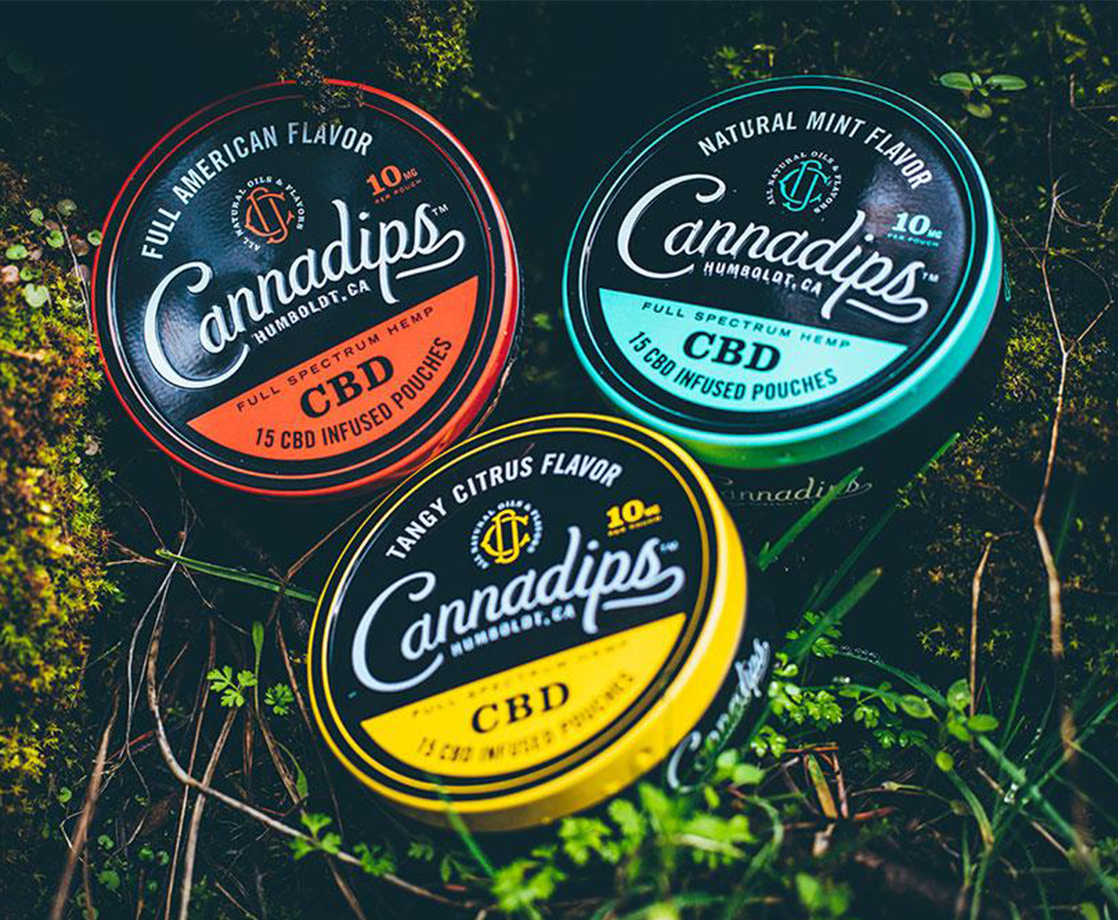A twins study from the University of Colorado-Boulder, University of Minnesota, and CU Anschutz Medical Campus found that legalizing cannabis may increase weed usage but it does not increase drug abuse rates.
The study compared cannabis use and substance abuse among 4,000 twins across Colorado and Minnesota. Colorado legalized recreational, or adult-use, cannabis in 2014. Minnesota, on the other hand, legalized medical access in 2014, but its legislators are still debating adult-use legalization.
All participants are now 24 to 49 years of age.
So, here’s what the study found. Roughly 40% of the twins in the study lived in Colorado. The twins in Colorado, on average, consumed 20% more cannabis than twins in Minnesota. However, the researchers found no evidence that twins in Colorado experienced higher rates of cannabis use disorder. Nor did twins in Colorado score higher on other metrics used to gauge drug addiction, such as alcohol abuse or use of cocaine or heroin, psychosis, financial mismanagement, cognitive issues, unemployment, or rocky interpersonal relationships with friends, family, co-workers, or romantic partners.
Interestingly, twins in Colorado scored lower for alcohol use disorder than twins in Minnesota, providing further evidence that legalizing weed may help reduce alcohol abuse. (For more on people replacing booze with bud, click here, here, and here.)
“For low-level cannabis use, which was the majority of users, in adults, legalization does not appear to increase the risk of substance use disorders,” said co-author Dr. Christian Hopfer, a professor of psychiatry at CU-Boulder and CU Anschutz, to Medical Xpress.
For the “correlation does not mean causation” crowd, twins studies are one of the gold standards of scientific research. Since identical twins share nearly identical genetic makeups, the participants’ genetic variations can be ruled out.
“This co-twin design automatically controls for a wide range of variables, including age, social background, early home life and even genetic inheritance,” John Hewitt, a professor of psychology and neuroscience at CU Boulder, told Medical Xpress. “If the association holds up, it provides strong evidence that the environment, in this case legalization, is having an impact.”
This latest study adds to a growing body of scientific data suggesting legalization may help states deal with rising drug and alcohol abuse rates. Previous research shows legalizing weed can reduce use of opioid painkillers. Furthermore, legalization can reduce teen use of cannabis, again invalidating the gateway drug myth.
Cover image via











